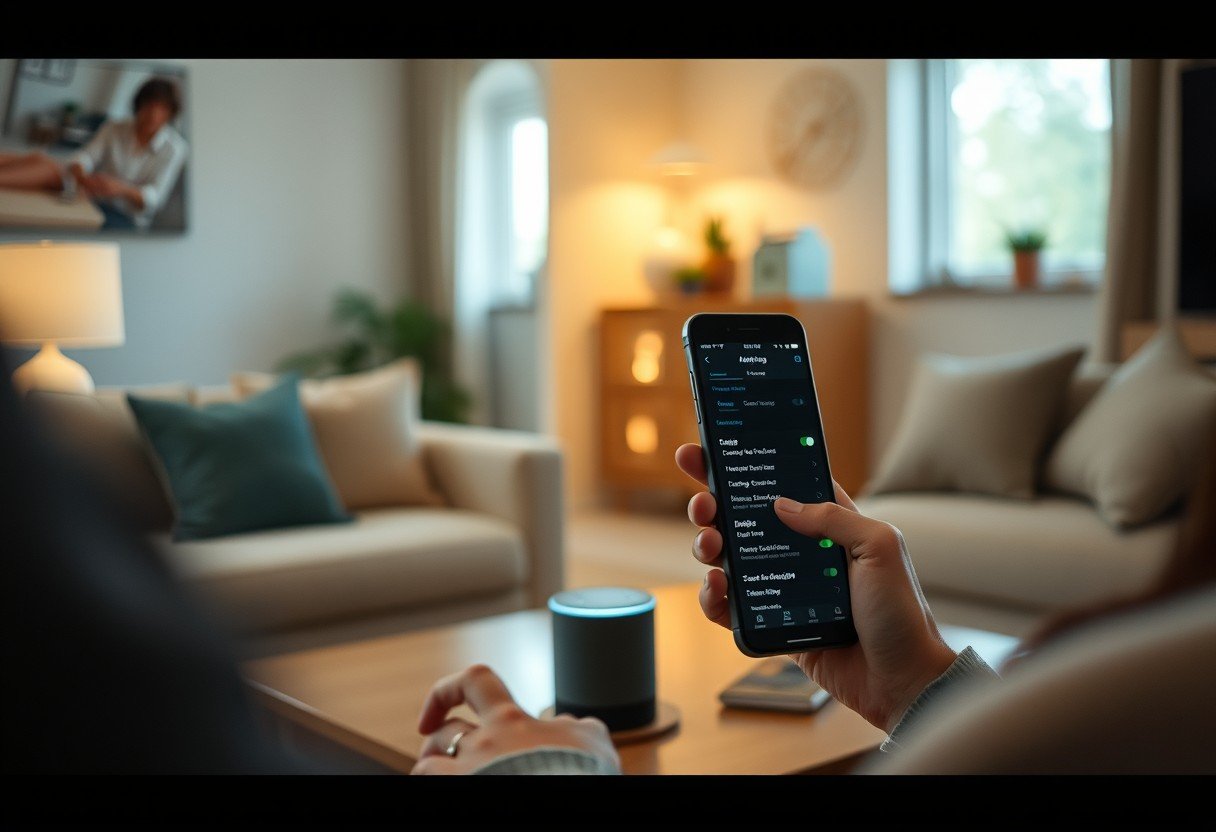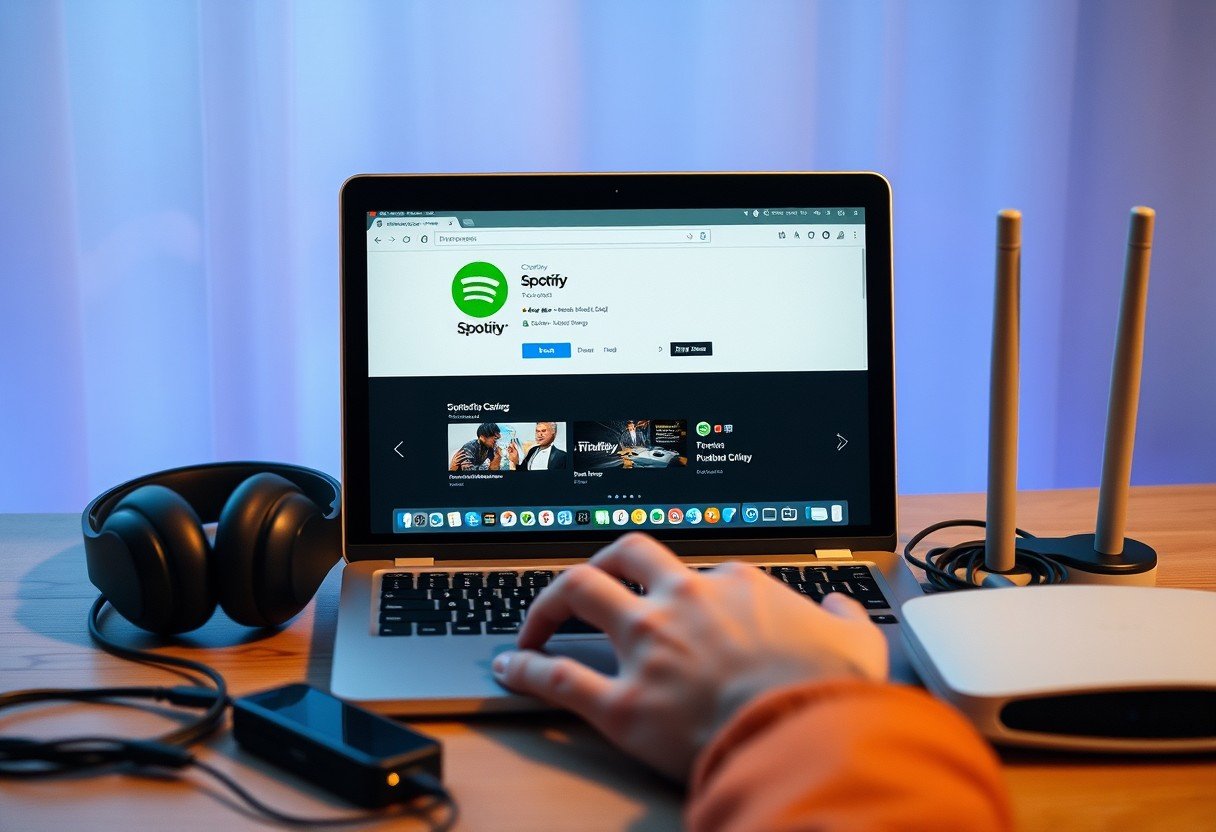Free antivirus software seems like a great deal, but have you ever wondered how these companies stay in business? They provide a valuable service without charging you a dime upfront. The reality is that these companies have clever business models that generate revenue through methods like premium upgrades, advertising, and sometimes, your data. Understanding this helps you make smarter choices about your digital security.
How do Free Antivirus Companies Generate Revenue?
The most common strategy used by free antivirus companies is the “freemium” business model. This approach involves offering a basic, functional product for free to attract a large user base. Once users are on board, the company introduces several ways to generate income from this audience.
One of the primary revenue streams is upselling. Companies constantly encourage users of the free version to upgrade to a paid or premium plan. These paid versions offer more advanced features, such as enhanced firewall protection, VPN services, anti-phishing tools, and dedicated customer support, providing a more complete security package.
Another method is through advertising. Some free antivirus applications display pop-up ads or banners within the software’s interface. These ads might promote the company’s own premium products or feature third-party products and services, creating a steady stream of income from their large user base.
Finally, some companies bundle other software with their antivirus installer. You might be prompted to install a partner’s web browser, search bar, or utility tool, and the antivirus company gets a commission for each successful installation. This is why it’s always important to pay close attention during the installation process.
The Hidden Cost of Your Personal Data
While you may not pay with money, you might be paying with your data. Many free antivirus providers collect user data to operate and improve their services. This can include information about your device, the apps you use, and your browsing habits.
The way this data is used varies. Reputable companies often anonymize and aggregate this data to identify new threats and improve their malware detection algorithms. This collective intelligence helps protect all users. However, the privacy policies of some providers may allow them to sell this anonymized data to third-party marketing firms for market research.
This practice raises significant privacy concerns. The erosion of trust can happen quickly if a company is not transparent about its data collection practices. As a user, it’s crucial to read the privacy policy before installing any free software to understand what information is being collected and how it will be used. This ensures you are comfortable with the trade-off you are making.
Are Free Versions Good Enough for Your Protection?
For many home users, a free antivirus solution provides a solid baseline of protection. Leading companies like Avast, AVG, and Bitdefender offer free versions that are quite effective at detecting and removing common forms of malware, viruses, and spyware.
These free tools typically include essential features that are critical for basic security.
- Real-Time Scanning: Actively monitors your computer for threats as they appear.
- Malware Removal: Scans your system to find and eliminate existing infections.
- Automatic Updates: Keeps the virus definitions current to protect against the latest threats.
However, it’s important to recognize their limitations. Free versions are designed to handle common threats but may not be equipped to stop newer, more sophisticated attacks like zero-day exploits or advanced ransomware. They serve as a first line of defense, but they are not a complete security solution.
Key Differences Between Free and Paid Antivirus
When deciding on an antivirus, understanding the gap between free and paid versions is key. While free software offers basic protection, paid solutions provide a comprehensive suite of tools designed for maximum security. The difference is not just in the number of features but also in their effectiveness and the level of support you receive.
Investing in a paid antivirus is often recommended for users who handle sensitive data or want peace of mind. The table below highlights some of the critical distinctions that can help you make an informed decision based on your security needs.
| Feature | Free Antivirus | Paid Antivirus |
|---|---|---|
| Core Malware Protection | Yes | Yes (Often more advanced) |
| Advanced Firewall | No | Yes |
| Ransomware Protection | Limited or None | Advanced and Dedicated |
| Customer Support | Limited (Forums, FAQ) | 24/7 (Phone, Chat, Email) |
| In-App Ads | Yes | No |
Exploring Open Source Antivirus Alternatives
Beyond the commercial options, the world of open source software offers some compelling antivirus solutions. Open source means the source code is publicly available, allowing anyone to inspect, modify, and distribute it. This transparency builds a high level of trust, as security experts from around the world can vet the code for vulnerabilities or backdoors.
One of the most well-known open source antivirus programs is ClamAV. It is highly flexible and widely used, especially on servers and for email gateway scanning. While it may lack the polished user interface of commercial products, its effectiveness and community-driven development make it a powerful tool.
Choosing an open source antivirus gives you more control over your security. You can often customize the software to meet your specific needs, and you benefit from a collaborative community that is constantly working to identify and patch security holes, ensuring the software stays effective against emerging threats.
What is the Future of Free Security Software?
The landscape of free antivirus software is continuously evolving. As cyber threats become more sophisticated, security companies are adapting their business models and technologies to keep up. You can expect to see more integration of advanced technologies like artificial intelligence and machine learning in free products.
These technologies will enable antivirus software to detect threats based on behavior rather than just relying on known virus signatures. This proactive approach provides better protection against new and unknown malware. This shift means your free protection will become smarter and more adaptive over time.
Furthermore, the freemium model will likely become even more dominant. Companies will continue to offer robust basic protection for free while creating more compelling premium packages with features like identity theft protection, cloud backups, and comprehensive privacy tools. This ensures they can fund their operations while keeping essential security accessible to everyone.
Frequently Asked Questions about Free Antivirus
How do free antivirus programs make money?
They primarily use a freemium model, earning revenue by upselling users to paid versions with more features. Other methods include showing advertisements, bundling other software during installation, and sometimes selling anonymized user data to third parties for market research.
Is free antivirus software safe to use?
Yes, free antivirus from reputable companies like Bitdefender, Avast, or AVG is generally safe and effective for basic protection. However, it’s crucial to read the privacy policy to understand their data collection practices and to stick with well-known brands to avoid software that might compromise your privacy.
What is the main limitation of a free antivirus?
The biggest limitation is the lack of advanced security features. Free versions typically do not include comprehensive tools like an advanced firewall, ransomware protection, parental controls, or dedicated customer support, leaving you more vulnerable to sophisticated threats.
Should I pay for an antivirus?
If you only use your computer for basic web browsing and email, a free antivirus might be enough. However, if you frequently shop online, use online banking, handle sensitive documents, or want complete peace of mind, investing in a paid antivirus solution is highly recommended for its comprehensive protection.
Are there any good open source antivirus options?
Yes, there are excellent open source options available. ClamAV is a very popular and powerful open source antivirus engine, widely used for email scanning and on servers. These solutions are highly trusted due to their transparent source code, which can be reviewed by security experts worldwide.









Leave a Comment